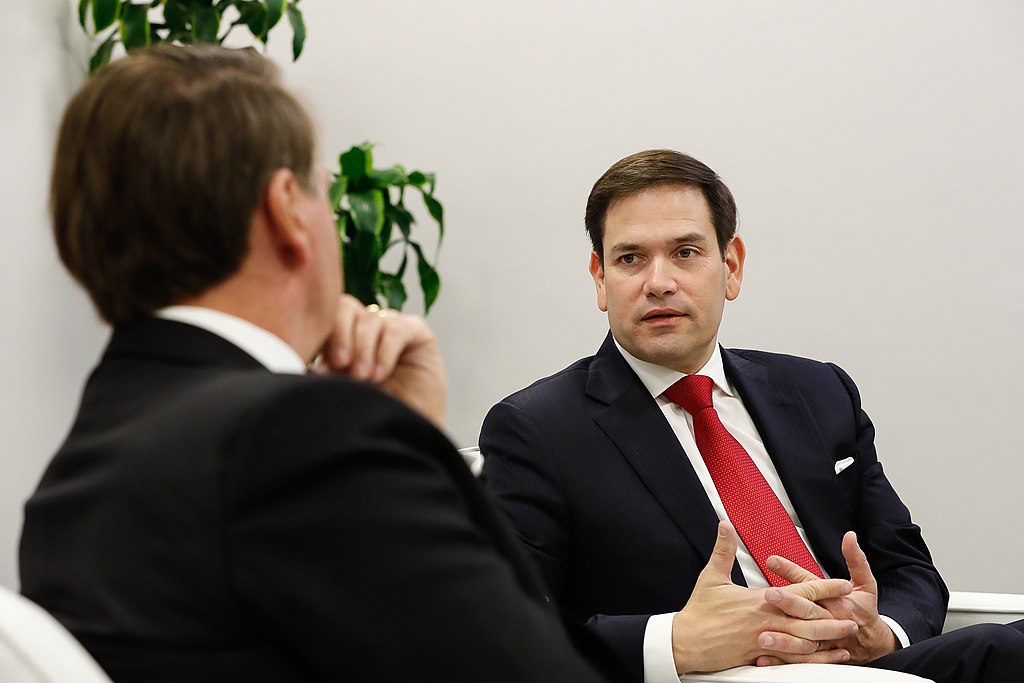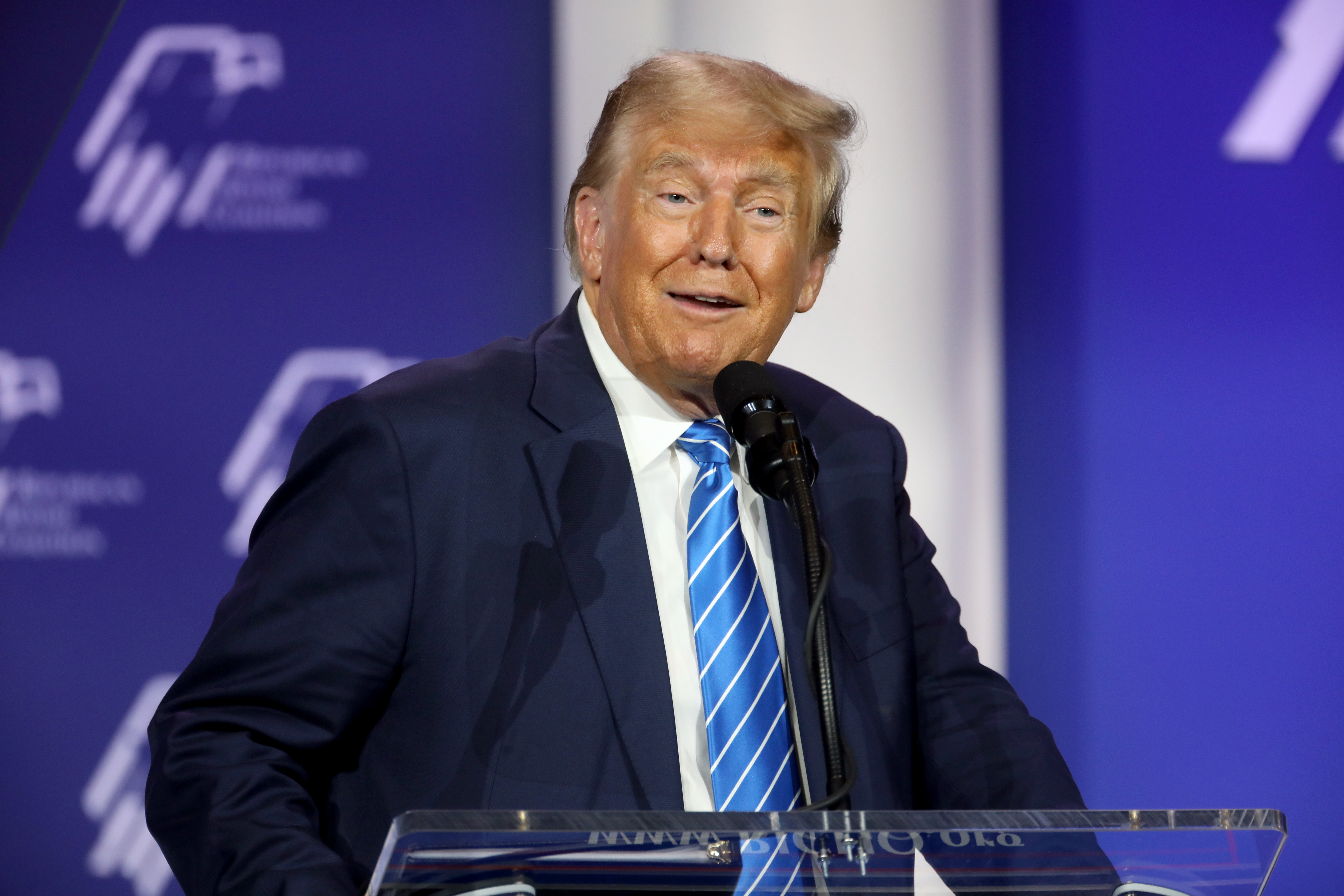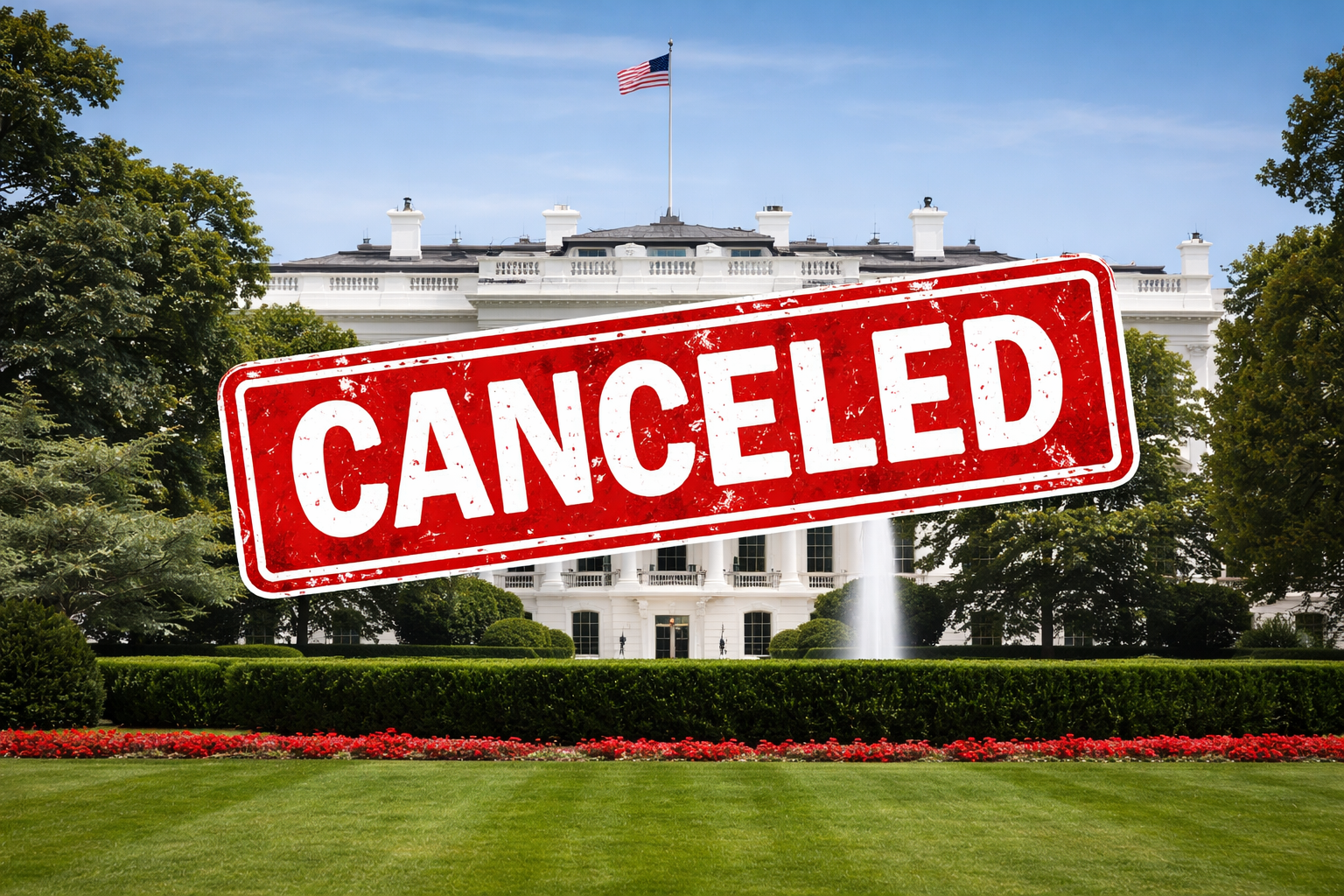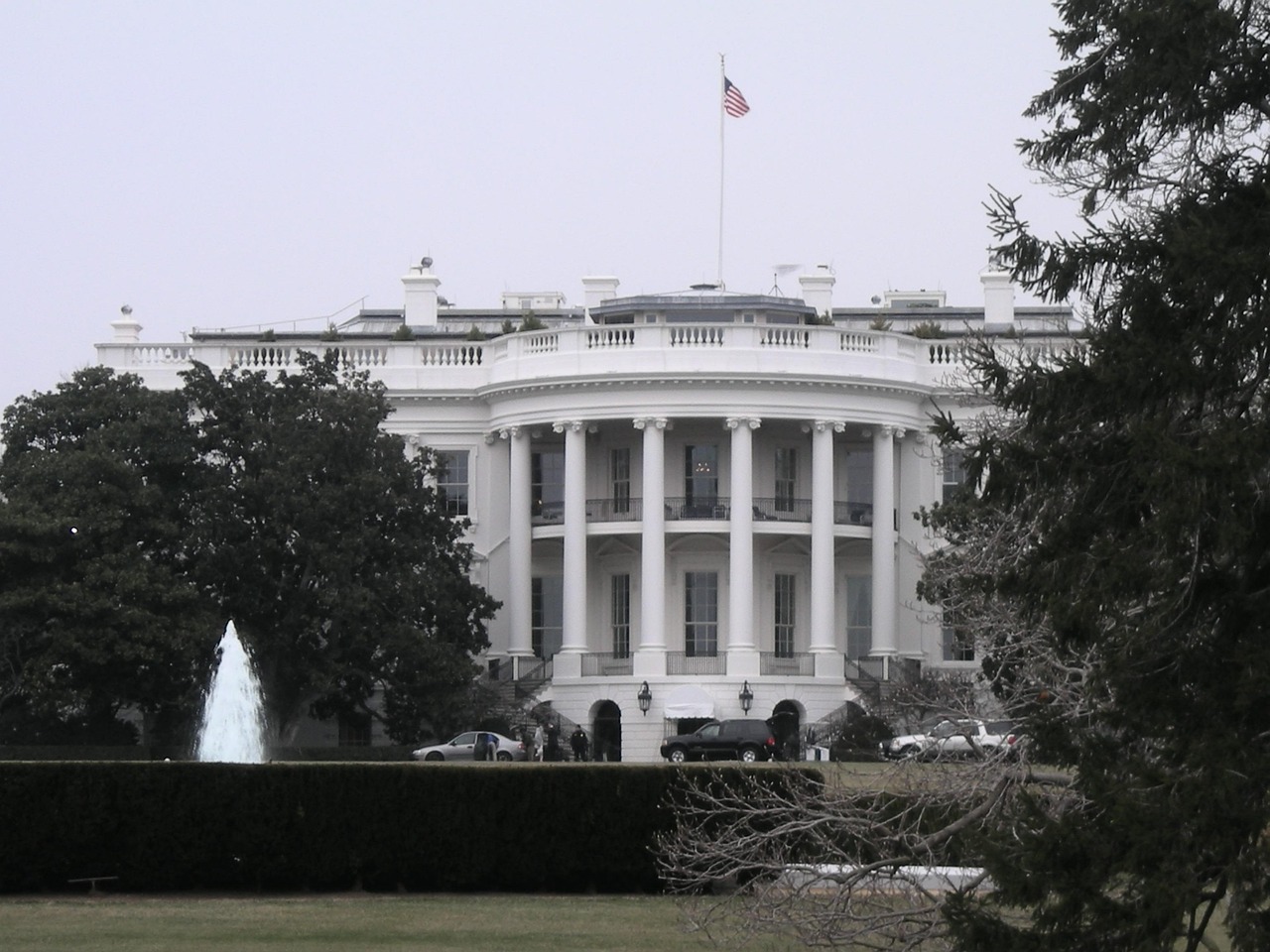WASHINGTON — Secretary of State Marco Rubio on Wednesday announced a new visa policy aimed squarely at foreign nationals who try to suppress the free speech rights of Americans, especially online.
The directive will deny entry to individuals involved in actions such as threatening arrest of U.S. citizens or residents over speech posted while on U.S. soil, or pressuring American tech companies to censor content. Officials say the move is a clear signal that the U.S. will not tolerate attempts by foreign governments to punish or police American speech.
“For too long, Americans have been fined, harassed, and even charged by foreign authorities for exercising their free speech rights,” Rubio announced. “Today, I am announcing a new visa restriction policy that will apply to foreign officials and persons who are complicit in censoring Americans. Free speech is essential to the American way of life – a birthright over which foreign governments have no authority.”
“Foreigners who work to undermine the rights of Americans should not enjoy the privilege of traveling to our country,” the secretary of state continued. “Whether in Latin America, Europe, or elsewhere, the days of passive treatment for those who work to undermine the rights of Americans are over.”
Per Fox News:
The United States has long condemned censorship and repression by the Chinese Communist Party, Russia, and the Iranian and Cuban regimes, but the Trump administration more recently has added criticism against allies in Europe.
Vice President JD Vance argued that the European Union’s Digital Services Act could effectively export European-style censorship to the U.S. through pressure against American tech companies.
In February, Vance accused European leaders at the Munich Security Conference of suppressing dissenting opinions by categorizing those views as “misinformation” and “disinformation.”
The vice president specifically cited the United Kingdom’s prosecution over silent prayer outside an abortion clinic, the annulment of the Romanian 2024 presidential election results over alleged foreign interference, the conviction of a Christian activist in Sweden for burning a Quran and Germany policing anti-feminist views online.

Response to Ongoing International Incidents
While Rubio’s post did not name specific individuals or governments, the policy appears to be a direct response to several recent incidents, including:
- In July 2023, Hong Kong Police issued arrest warrants for several U.S.-based activists who had criticized the Chinese Communist Party on Twitter (now X). The activists were accused of offenses such as secession, collusion with foreign forces, and inciting subversion. The Hong Kong government also offered bounties for information leading to their arrests.
- Saudi officials reportedly contacted Silicon Valley firms in 2022 to control online speech and silence dissent, allegedly extending to content posted by individuals outside of Saudi Arabia. The allegations were amplified by the kingdom’s growing investments and engagement with U.S. tech companies.
- Last year, Iranian media watchdogs called for charges against U.S. journalists for commentary on internal Iranian protests, claiming the journalists were colluding with the U.S. government and spreading propaganda against the Islamic Republic.
Each instance, officials say, represents an attempt to extend foreign censorship into American digital space — and will now carry tangible consequences for the individuals involved.
Visa Pause, Social Media Scrutiny Expand
The announcement came one day after a related directive: the suspension of all new student visa interviews at U.S. embassies and consulates worldwide. The pause is to allow implementation of expanded screening that includes deep reviews of social media histories for international students applying under F-1, M-1, and J-1 visas.
The goal, according to the State Department, is to screen for anti-American or anti-Israel sentiment, especially if it intersects with support for designated terrorist groups.
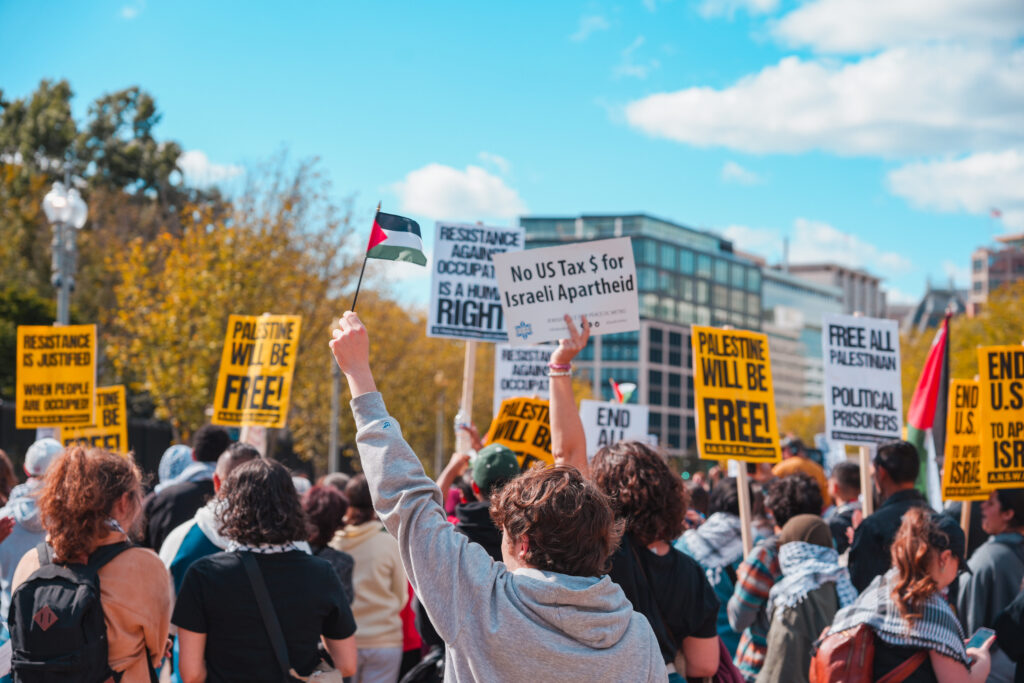
The effort is part of the broader “Catch and Revoke” program, an AI-supported initiative to track online behavior after a visa is granted and revoke it if flagged content is discovered.
The Wall Street Journal reports that a State Department cable indicates officials are already preparing stricter vetting of applicants’ social media activity:
The move comes during the busy season for international students looking to come to the U.S., who have generally received acceptances from American universities in the spring and must obtain visas before the new school year begins in the autumn.
The interview cancellations could mean that consulates wouldn’t have time to schedule many students before then, and so students would need to delay their start dates or consider alternatives to studying in the U.S.
The cable, signed by Secretary of State Marco Rubio, orders embassies and consulates to stop scheduling new student-visa interviews while officials prepare for the expected “expansion of required social media screening and vetting.” More guidance will be provided in a forthcoming State Department notice, the cable notes, which goes on to acknowledge that the new requirements could be onerous for American missions abroad.
“In light of the potentially significant implications for consular section operations, processes, and resource allocations, consular sections will need to take into consideration the workload and resource requirements of each case prior to scheduling them going forward,” the cable reads.
A Shift Toward American Control of American Speech
The Rubio-led State Department also recently closed the Counter Foreign Information Manipulation and Interference office, a move applauded by many conservatives who viewed it as a vehicle for domestic censorship disguised as counter-disinformation work.
Rubio said the shutdown reinforces a commitment to protecting Americans from government overreach in the name of “safety” and re-centers the conversation on who controls speech in a free society — citizens, not bureaucrats.
Critics Push Back, Supporters Hold the Line
Critics of these moves argue that they may undercut efforts to combat hostile propaganda from foreign actors. But supporters see it differently: a necessary correction to protect free expression, personal liberty, and U.S. digital sovereignty.
With these policy updates, the Rubio State Department continues to chart a course that aligns more closely with First Amendment values and responds directly to threats that blur the line between international diplomacy and online censorship.
